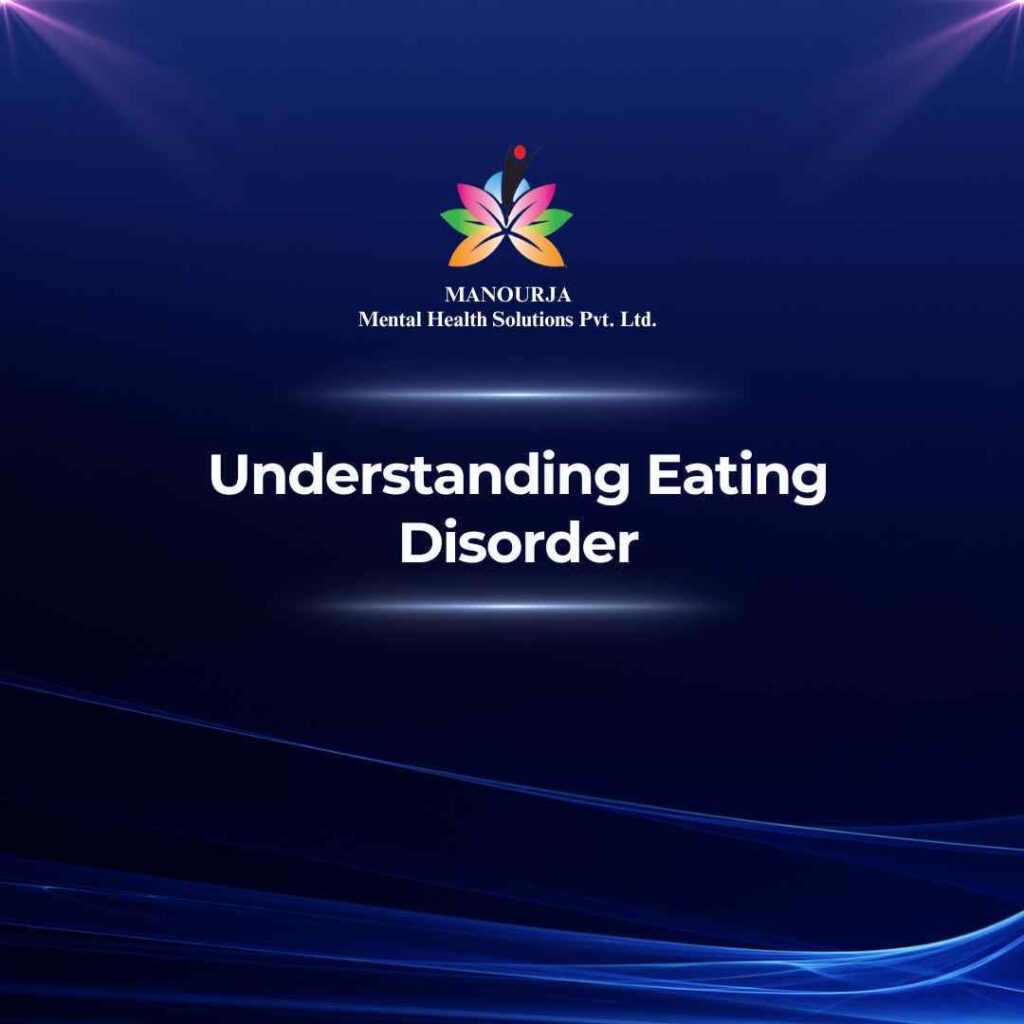Understanding Eating Disorder

An eating disorder is a serious and often chronic condition characterized by abnormal or disturbed eating habits which negatively impact a person’s health, emotions, and ability to function in important areas of life. Eating disorders involve issues with the quantity, quality, and attitudes towards food and body image.
Definition of Eating Disorder
Eating disorders are mental health conditions that arise through unhealthy eating behaviors. These can include severe restrictions on food intake, eating large amounts of food at once, getting rid of food consumed (e.g., through vomiting or excessive exercise), and other distress or concern about body weight or shape. These behaviors can significantly affect physical health and psychosocial functioning.
Differences Between General Disturbance of Eating and Eating Disorder
- Severity and Impact: A general disturbance in eating might involve occasional overeating or choosing unhealthy foods, which does not typically result in significant distress or functional impairment. In contrast, eating disorders involve extreme emotions, attitudes, and behaviors surrounding weight and food issues that severely impair health and functioning.
- Frequency and Duration: General disturbances in eating are often temporary and may be related to situational stressors (e.g., overeating during the holidays). Eating disorders are persistent and often involve a chronic course with relapsing and remitting periods of illness.
- Psychological Impact: While disturbances in eating can be part of normal life experiences without much impact on a person’s self-esteem or psychological state, eating disorders are often associated with a high degree of psychological distress, intense fear of weight gain, and a distorted body image.
- Physical Health Risks: General eating disturbances do not usually lead to severe health consequences unless they become more frequent and severe. Eating disorders, however, carry high risks of serious health conditions, including heart and kidney problems, gastrointestinal issues, bone loss, and in severe cases, death.
- Treatment Needs: General disturbances in eating may be addressed with basic nutritional counseling and lifestyle changes. Eating disorders require comprehensive treatment approaches, often involving medical intervention, nutritional counseling, and therapy. Therapy might include cognitive-behavioral therapy, psychotherapy, and sometimes medication.
Eating disorders are recognized clinically as distinct psychiatric disorders and include diagnoses such as anorexia nervosa, bulimia nervosa, and binge-eating disorder. These disorders require specialized treatment from professionals experienced in eating disorder management due to their complex psychological, physical, and emotional dimensions.
At MANOURJA, we believe in the transformative power of counseling. Our experienced therapists offer a safe and supportive space where you can explore your thoughts, emotions, and challenges. Through personalized counselling sessions, we’ll work together to develop coping strategies, build resilience, and achieve lasting positive change. Discover the path to a healthier, happier you with MANOURJA counselling services.
MANOURJA Rehabilitation Services
At MANOURJA, we’re dedicated to helping you in rebuild your life, after difficult times. Our rehabilitation services focus on understanding what you need to move forward, whether you’re recovering from addiction, trauma, or any psychological – social challenges. We create personalized plans, that are all about helping you, regain your strength and find hope again. With a caring team by your side, you’ll have the support to make real progress and take steps toward a brighter, healthier future.
